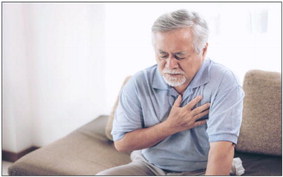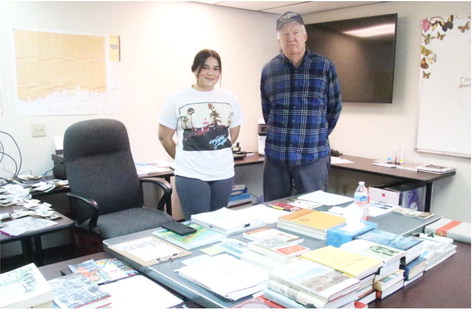How


to
Medical emergencies pose a significant threat to human health. According to the National Center for Health Statistics, unintentional injuries accounted for more than 192,000 deaths in 2020. That marks a significant increase since 2015, when NCHS data indicates roughly 146,000 people died from unintentional injuries.
Unintentional injuries are not the only situations that qualify as medical emergencies, which also can result from sudden, lifethreatening issues like heart attack or stroke.
Knowing what to do in the wake of a medical emergency can reduce the likelihood that such instances end in tragedy. And though medical emergencies might be most often associated with aging men and women, such scenarios can affect anyone at any time. That means it’s in everyone’s best interest to learn how to plan for medical emergencies.
· Document your medical history and keep printed documentation in an easily accessible place. Younger individuals likely won’t have as much documentation regarding their medical histories, including existing conditions, medications and even previous emergencies. But all individuals should print out a document that includes a brief rundown of their medical histories, and keep the document in an easily accessible place so caretakers, spouses or roommates can quickly find it and share all relevant information with first responders.
· Pack an overnight bag. Aging men and women or young people with a history of illness and/or medical emergencies should pack an overnight bag or ask their caretakers to pack one for them. Include pajamas, personal toiletries and other care items, and even some books or activity books so you have something to do should you require an extended stay in the hospital. Include a spare phone or device charger in your overnight bag, as it’s easy to forget such items when you’re hurrying out the door in an emergency situation.
· Become CPR-certified. The medical experts at MedStar Health recommend that individuals take classes for first aid and CPR. Such lessons can save lives and help anyone experiencing a medical emergency get immediate attention until first responders arrive to administer additional care. Some organizations may offer free CPR courses, while others, including the American Red Cross, offer training at affordable prices.
Medical emergencies can affect anyone at any time. Knowing what to do in such situations can save lives and increase the chances of a positive outcome.


